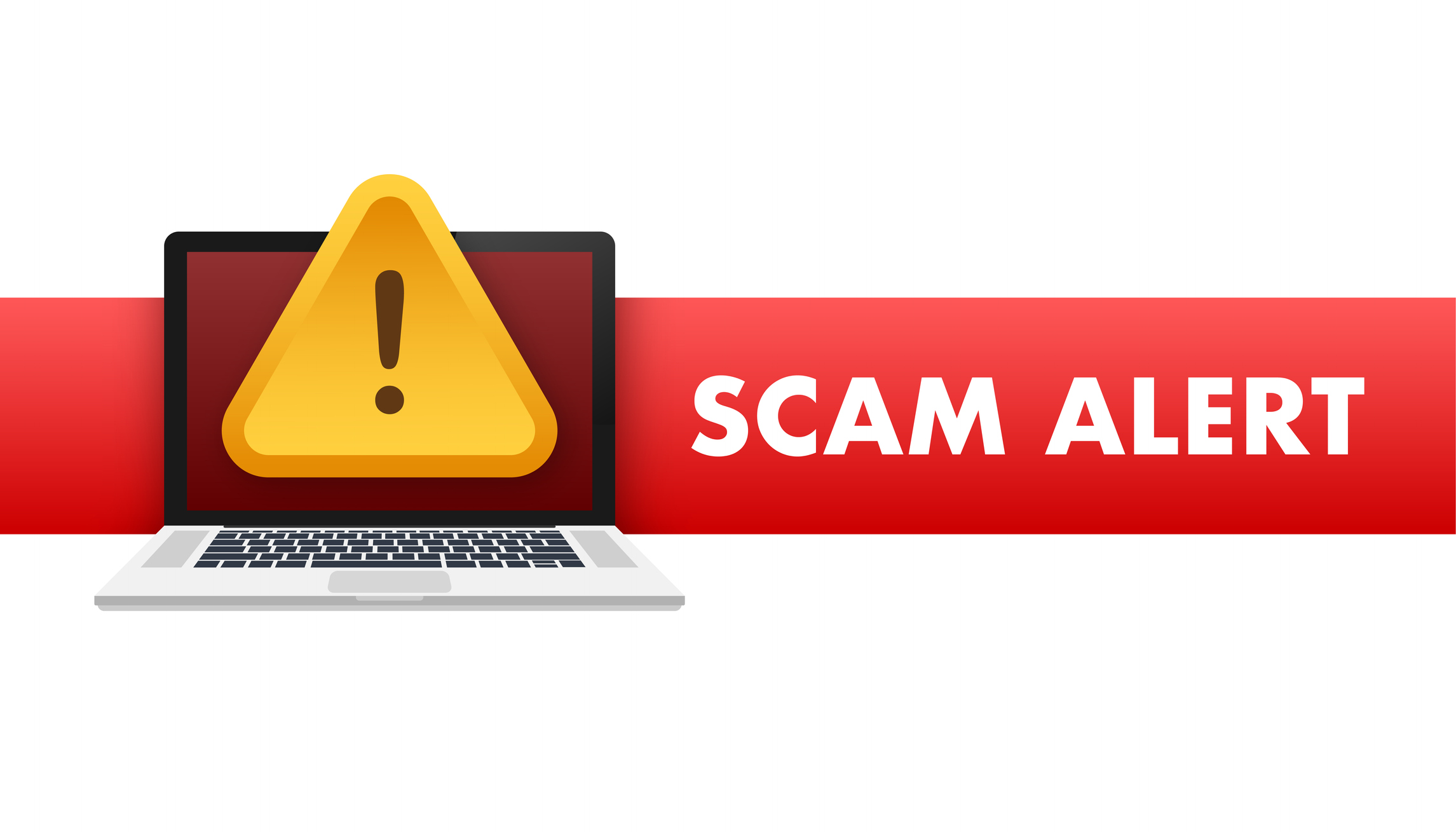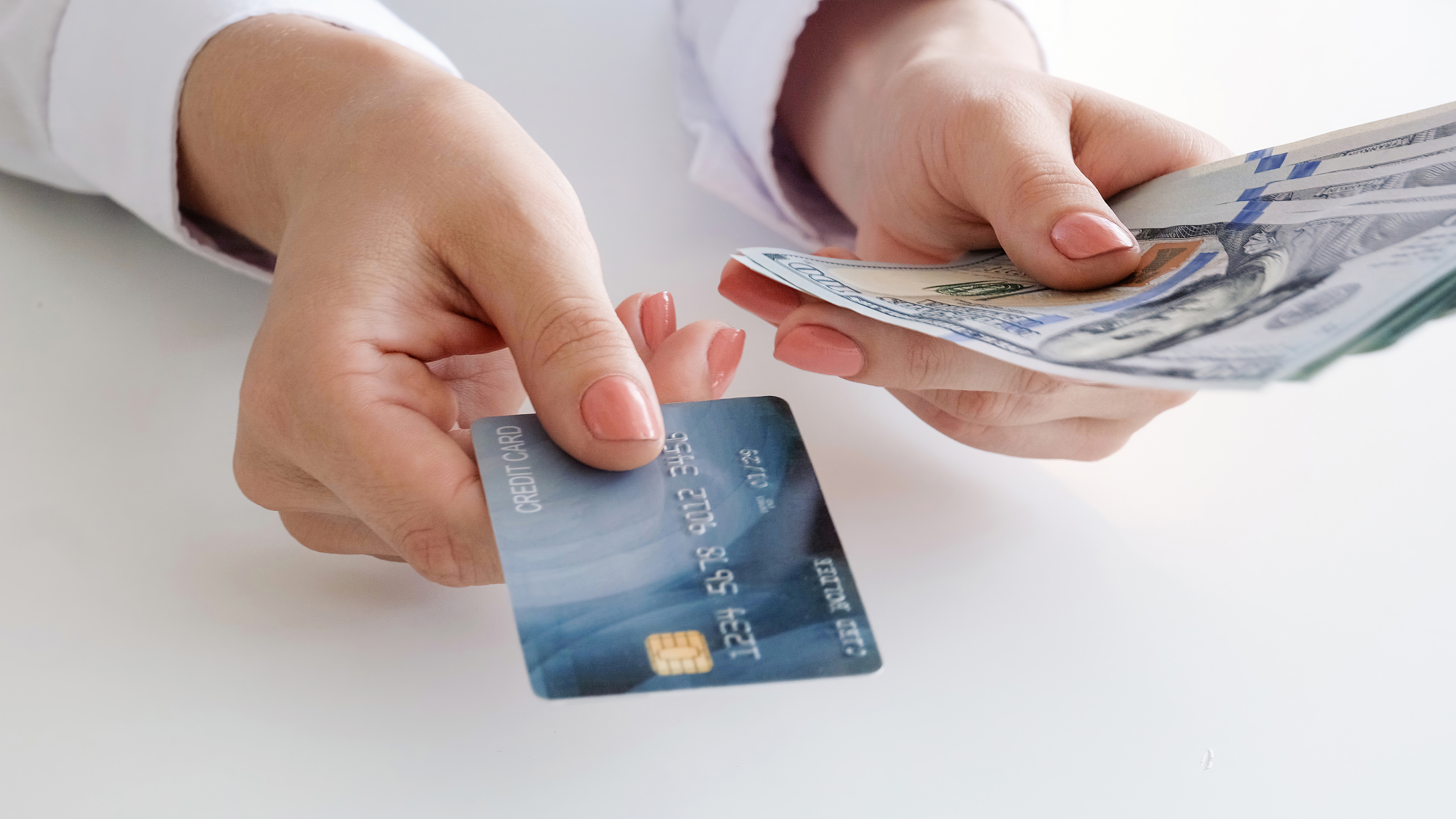Venmo Urged To Protect Users From Scams — Again
Lawmakers called out Venmo and Cash App, once again, over scams and their ability 'to keep customers' money safe.'


Profit and prosper with the best of Kiplinger's advice on investing, taxes, retirement, personal finance and much more. Delivered daily. Enter your email in the box and click Sign Me Up.
You are now subscribed
Your newsletter sign-up was successful
Want to add more newsletters?

Delivered daily
Kiplinger Today
Profit and prosper with the best of Kiplinger's advice on investing, taxes, retirement, personal finance and much more delivered daily. Smart money moves start here.

Sent five days a week
Kiplinger A Step Ahead
Get practical help to make better financial decisions in your everyday life, from spending to savings on top deals.

Delivered daily
Kiplinger Closing Bell
Get today's biggest financial and investing headlines delivered to your inbox every day the U.S. stock market is open.

Sent twice a week
Kiplinger Adviser Intel
Financial pros across the country share best practices and fresh tactics to preserve and grow your wealth.

Delivered weekly
Kiplinger Tax Tips
Trim your federal and state tax bills with practical tax-planning and tax-cutting strategies.

Sent twice a week
Kiplinger Retirement Tips
Your twice-a-week guide to planning and enjoying a financially secure and richly rewarding retirement

Sent bimonthly.
Kiplinger Adviser Angle
Insights for advisers, wealth managers and other financial professionals.

Sent twice a week
Kiplinger Investing Weekly
Your twice-a-week roundup of promising stocks, funds, companies and industries you should consider, ones you should avoid, and why.

Sent weekly for six weeks
Kiplinger Invest for Retirement
Your step-by-step six-part series on how to invest for retirement, from devising a successful strategy to exactly which investments to choose.
PayPal's Venmo is still not doing enough to protect its users from potential scams, according to several Senate Banking Committee members.
Sherrod Brown (D-OH), committee chair, along with members Jack Reed (D-RI) and Elizabeth Warren (D-MA) sent a letter on December 14 to PayPal President and CEO Alex Chriss raising concerns and urging the adoption of new policies to reimburse consumers who get scammed on Venmo and make it easier for them to report when they have been scammed.
The senators also sent a letter on December 14 to Brian Grassadonia, CEO of Cash App with similar concerns over the company's "ability to keep customers' money safe" and its low reimbursement rate for unauthorized payments.
From just $107.88 $24.99 for Kiplinger Personal Finance
Become a smarter, better informed investor. Subscribe from just $107.88 $24.99, plus get up to 4 Special Issues

Sign up for Kiplinger’s Free Newsletters
Profit and prosper with the best of expert advice on investing, taxes, retirement, personal finance and more - straight to your e-mail.
Profit and prosper with the best of expert advice - straight to your e-mail.
The move comes after Zelle began taking new steps to refund its users who fell victim to imposter scams, the senators said in a statement.
It also comes amid the growing popularity of digital wallets and payment apps, a sector that faces federal scrutiny regarding consumer protection.
In their letter, the senators referred to Venmo as a “closed system,” meaning both parties using the service need to be members to issue a transaction and Venmo has visibility into all accounts and in transitions.
”Venmo can both identify and block account holders who commit acts of deception and can take the crucial additional step to unwind these transactions,” they said.
But that apparently is not the case. In fact, this is not the first time the lawmakers have appealed to both Venmo and Cash App.
“According to Venmo’s response to our June 15 letter, Venmo does not appear to reimburse customers who have been victims to these — or any other — kinds of scams,” the senators said. “Customers remain on the hook and unprotected. It is past time for Venmo to follow industry trends by providing similar reimbursements to wronged consumers.”
Not clear how issues are resolved
At Venmo, there are sections on its website that detail common scams as well as information on how to report suspicious activity or messages, but it is unclear what the company does to solve the issue should it come up.
"We are extremely concerned that instant payment platforms are not taking reasonable, commonsense and proactive steps to protect their customers," the senators said. "Venmo must provide a safe platform for American consumers — who deserve a payments system that provides them with speed and convenience, but above all, that keeps their money safe."
Venmo did not immediately return a request for comment.
In a June 15 letter to Cash App's Grassadonia, the senators said the company's annual report "notes that although Cash App’s peer-to-peer payment services make customers targets for 'illegal or improper uses, including scams and fraud directed at our customers,' the company’s risk management policies and procedures 'may not be sufficient to … prevent or mitigate' the risks of scams and fraud."
They then asked Grassadonia to inform them of the specific steps that Cash App is taking to detect and prevent fraudulent transactions.
Hidden risks
Aside from the risk of scams, keeping cash in apps such as Venmo and PayPal carry hidden risks, as previously reported by Kiplinger. This is because the money in those apps may lack the federal insurance coverage of major financial institutions.
In addition, these and other payment apps and digital wallets are not held to the same standard of consumer protection as their more established banking counterparts, according to the Consumer Financial Protection Bureau, which is calling for greater supervision of such products.
To help avoid getting scammed with a no-cash lifestyle, Kiplinger recommends protecting your account with multi-factor authentication or a pin number, always confirming the identity of a person you are sending money to and setting up notifications for transactions on your account.
Related Content
Profit and prosper with the best of Kiplinger's advice on investing, taxes, retirement, personal finance and much more. Delivered daily. Enter your email in the box and click Sign Me Up.

Jamie Feldman is a journalist, essayist and content creator. After building a byline as a lifestyle editor for HuffPost, her articles and editorials have since appeared in Cosmopolitan, Betches, Nylon, Bustle, Parade, and Well+Good. Her journey out of credit card debt, which she chronicles on TikTok, has amassed a loyal social media following. Her story has been featured in Fortune, Business Insider and on The Today Show, NBC Nightly News, CBS News, and NPR. She is currently producing a podcast on the same topic and living in Brooklyn, New York.
-
 The Cost of Leaving Your Money in a Low-Rate Account
The Cost of Leaving Your Money in a Low-Rate AccountWhy parking your cash in low-yield accounts could be costing you, and smarter alternatives that preserve liquidity while boosting returns.
-
 I want to sell our beach house to retire now, but my wife wants to keep it.
I want to sell our beach house to retire now, but my wife wants to keep it.I want to sell the $610K vacation home and retire now, but my wife envisions a beach retirement in 8 years. We asked financial advisers to weigh in.
-
 How to Add a Pet Trust to Your Estate Plan
How to Add a Pet Trust to Your Estate PlanAdding a pet trust to your estate plan can ensure your pets are properly looked after when you're no longer able to care for them. This is how to go about it.
-
 Texas Sales Tax-Free Weekend 2025
Texas Sales Tax-Free Weekend 2025Tax Holiday Here's what you needed to know about the Texas sales tax holiday.
-
 Florida Back-to-School Tax-Free Holiday 2025
Florida Back-to-School Tax-Free Holiday 2025Sales Taxes The new tax-free holiday in Florida brought month-long savings on computers, clothing and other school supplies.
-
 Visa, Mastercard's Swipe Fee Settlement Might Save You Money, For Now
Visa, Mastercard's Swipe Fee Settlement Might Save You Money, For NowThe limited-time agreement directly benefits merchants, which can potentially pass savings on to consumers.
-
 New List Out On Medicare Part B Drugs Eligible for Rebates
New List Out On Medicare Part B Drugs Eligible for RebatesSome Medicare beneficiaries may pay lower coinsurance rates from April 1 to June 30 for the drugs, HHS says.
-
 Use An iPhone? You May Be Hearing From A Class-Action Lawsuit Group
Use An iPhone? You May Be Hearing From A Class-Action Lawsuit GroupA handful of suits against the iPhone maker seek to crack down on everything from app store purchases to messaging.
-
 Capital One/Discover: What's In Their Wallet For You?
Capital One/Discover: What's In Their Wallet For You?Push back on Capital One's planned merger with Discover is growing with one group of consumer advocates calling for a public hearing.
-
 Lawmakers: Nix Social Security Offsets For Seniors In Student Loan Default
Lawmakers: Nix Social Security Offsets For Seniors In Student Loan DefaultOffsetting Social Security benefits to pay for defaulted student loans can be devastating for some beneficiaries, lawmakers say.
-
 Stellantis Recalls 285K Vehicles Over Airbag Problems
Stellantis Recalls 285K Vehicles Over Airbag ProblemsDefective airbag inflators on certain Chrysler and Dodge vehicles could rupture and cause injury or death, NHTSA says.